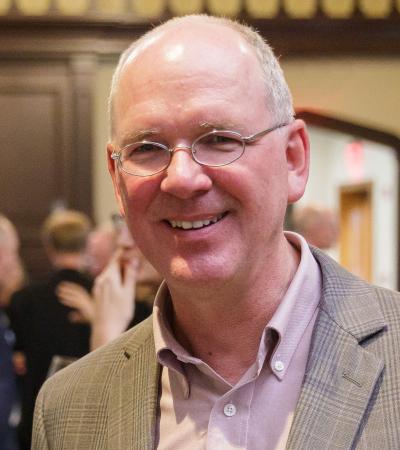Venezuela: Popular Sovereignty versus Liberal Democracy
Abstract
In order to evaluate accurately the state of democratic governance during the first years of the Chávez presidency, one must sharpen the distinction between democracy narrowly defined as popular sovereignty versus the more conventional notion of liberal democracy. Venezuela was no longer a liberal democracy in every respect. Instead, it became an extreme case of delegative democracy. The president enjoyed widespread popular support for almost everything he and his followers did, and this fact qualified his government as “democratic” in the narrow sense of popular sovereignty. But the systematic elimination of constraints on presidential action after 1998 increased the risk that Venezuela would cease to be a democracy by any definition in the future.
Governability also suffered because the new formulas regulating relations between government and opposition, among branches of government, and between state and civil society were both unstable and far from mutually acceptable. Chávez and his supporters saw themselves as agents of a deliberate and self-conscious revolutionary process and believed that expediency and unilateral impositions of new rules were justified by the need for a radical break with the past. Needless to say, this attitude also condoned a cavalier disregard for the rule of law, extending even to the constitution.
Resumen
Para evaluar con precisión el estado del ejercicio democrático del gobierno durante los primeros años de la presidencia de Chávez uno debe hacer más nítida la distinción entre la democracia definida estrechamente como soberanía popular versus la noción más convencional de democracia liberal. Venezuela ya no era una democracia liberal en todo respecto. Devino, en cambio, un caso extremo de democracia delegativa. El presidente disfrutaba de amplio apoyo popular para casi cualquier cosa que él o sus seguidores hicieran, y este hecho permitía calificar a su gobierno como "democrático" en el sentido estrecho de soberanía popular. Pero la eliminación sistemática de las restricciones sobre la acción presidencial después de 1998 aumentó el riesgo de que Venezuela dejara de ser una democracia, bajo cualquier definición, en el futuro.
La gobernabilidad también resultó afectada porque las nuevas fórmulas que regulaban las relaciones entre el gobierno y la oposición, entre las ramas del gobierno y entre el estado y la sociedad civil eran tan inestables como lejos estaban de ser mutuamente aceptables. Chávez y quienes lo apoyaban se reconocían como agentes de un proceso revolucionario deliberado y consciente y creían que la conveniencia y la imposición unilateral de nuevas reglas estaban justificadas por la necesidad de un quiebre radical con el pasado. No hace falta decir, esta actitud también justificaba una indiferencia altiva respecto del el estado de derecho, que alcanzó aún hasta la constitución.






